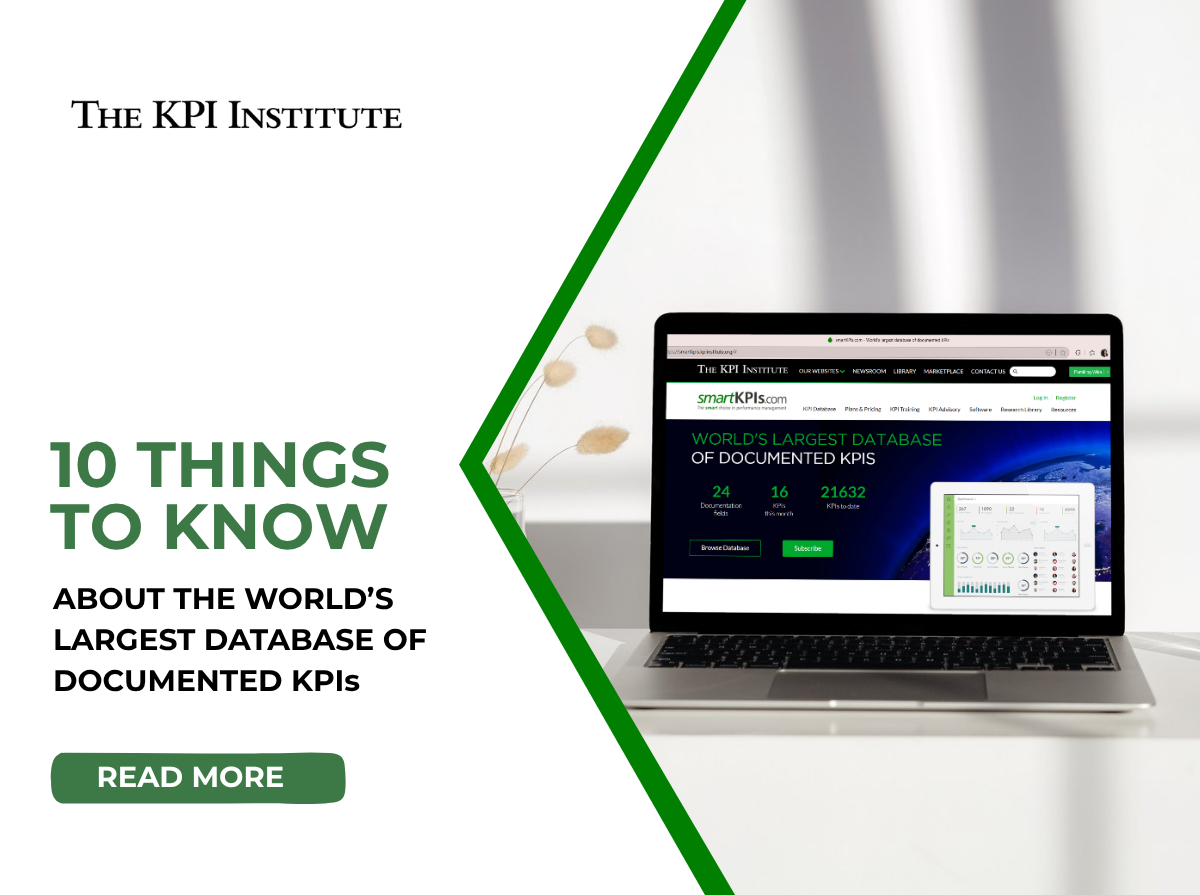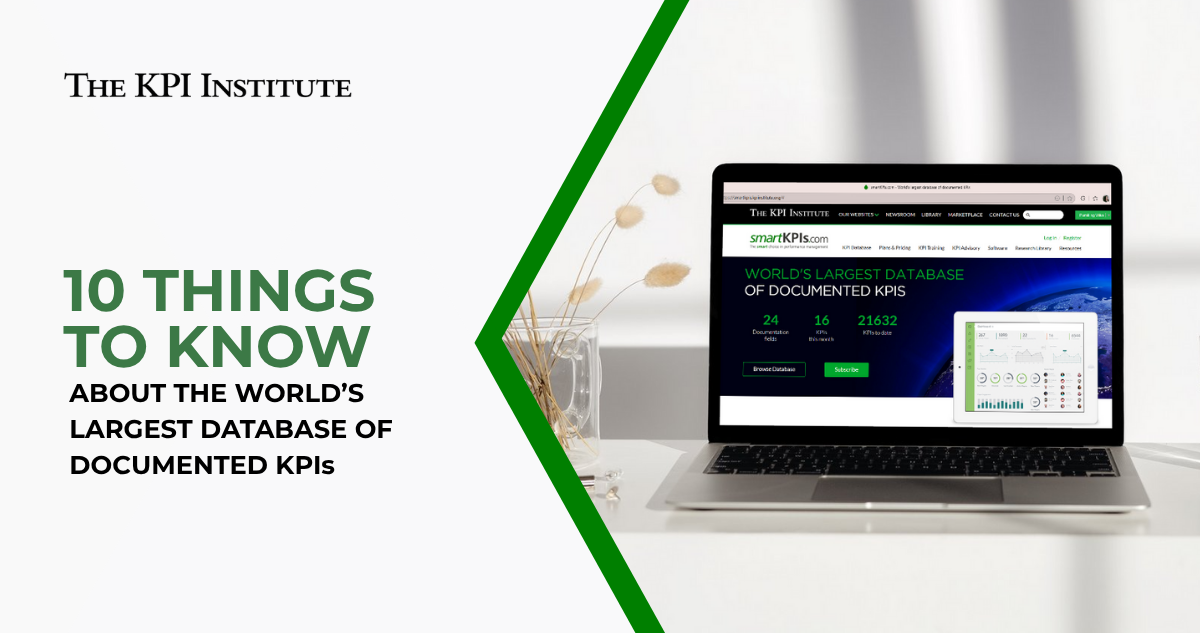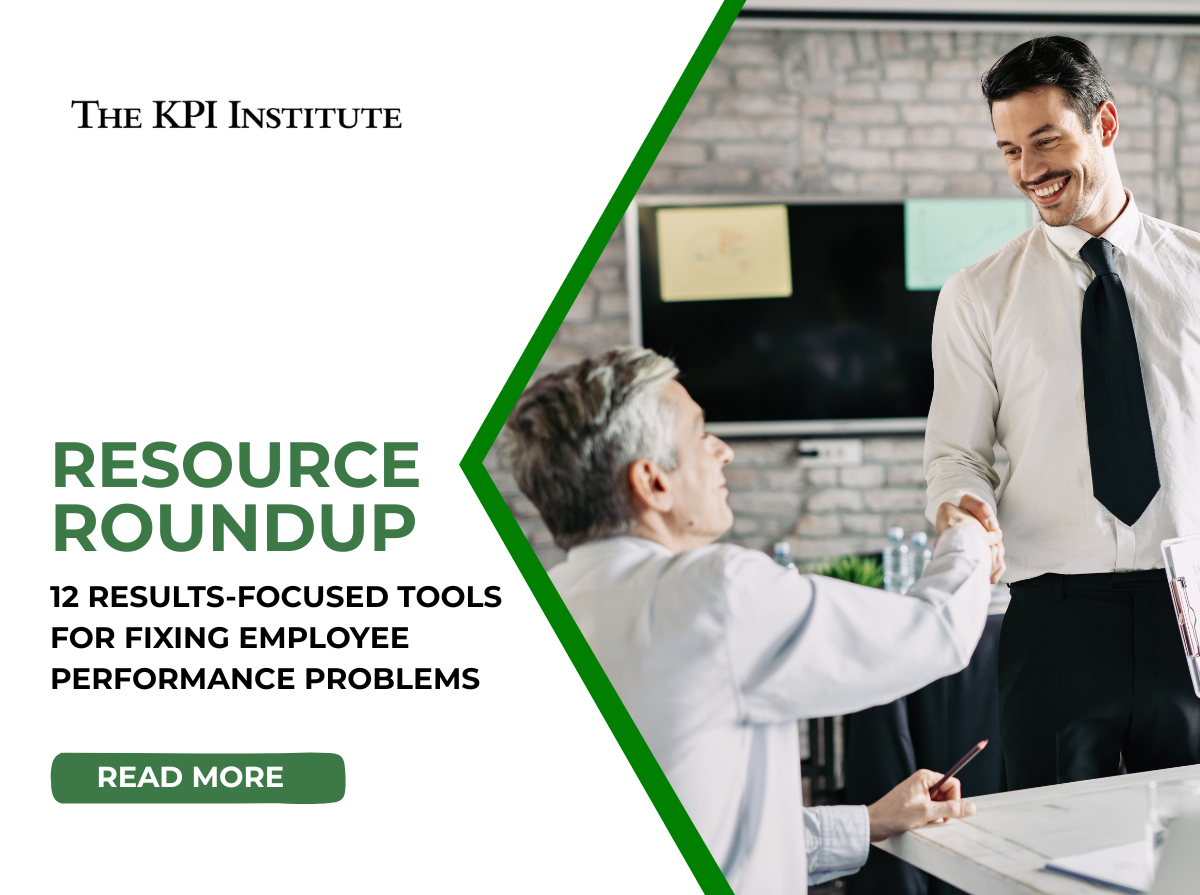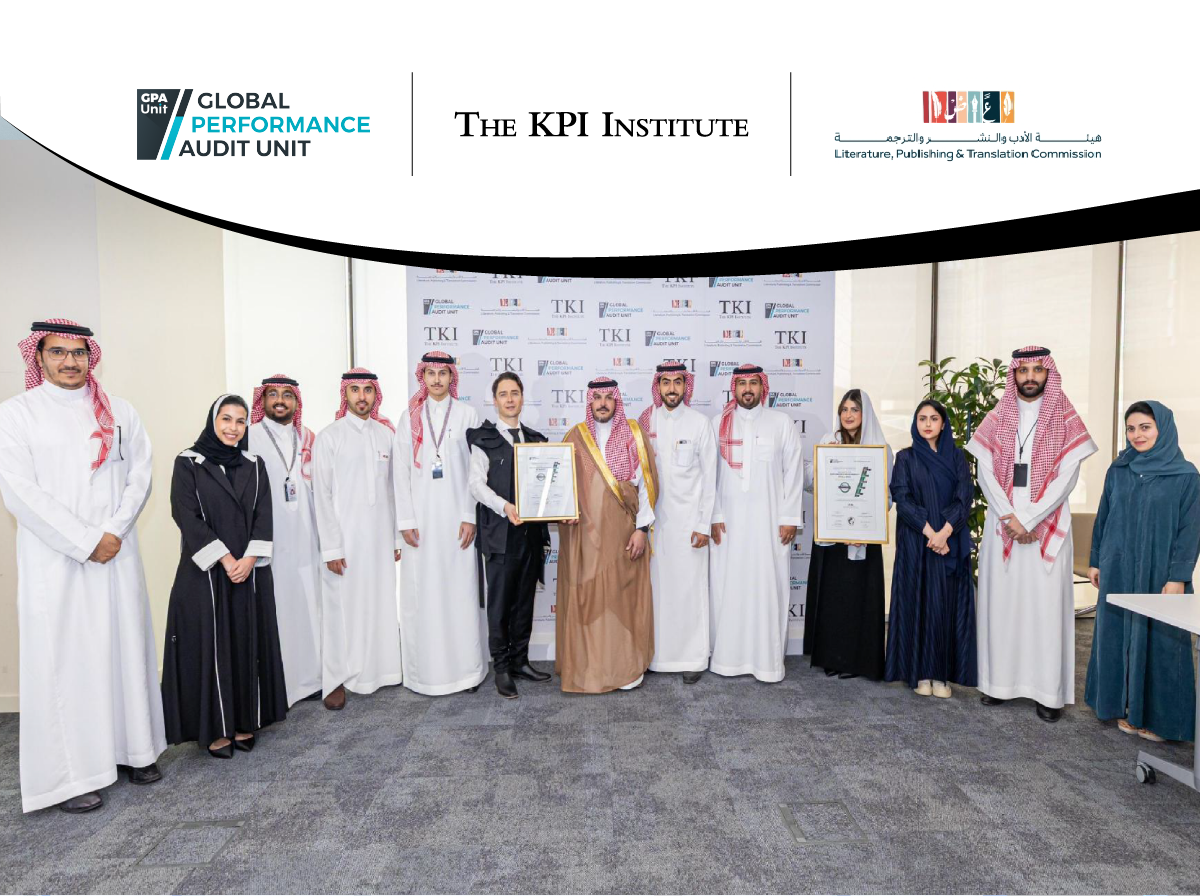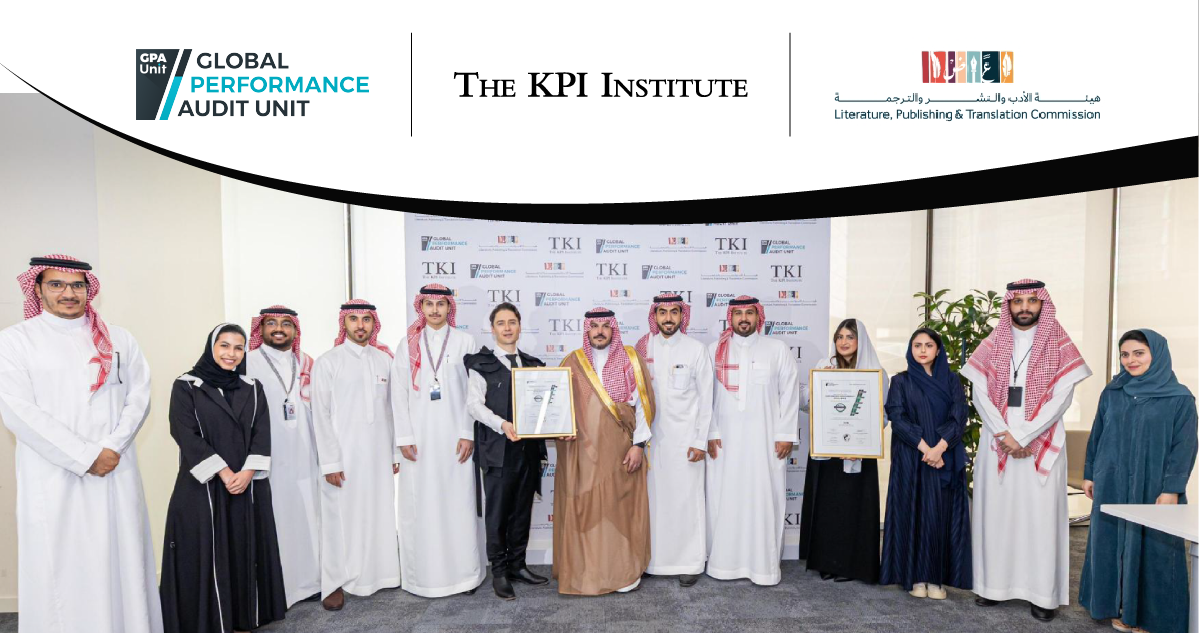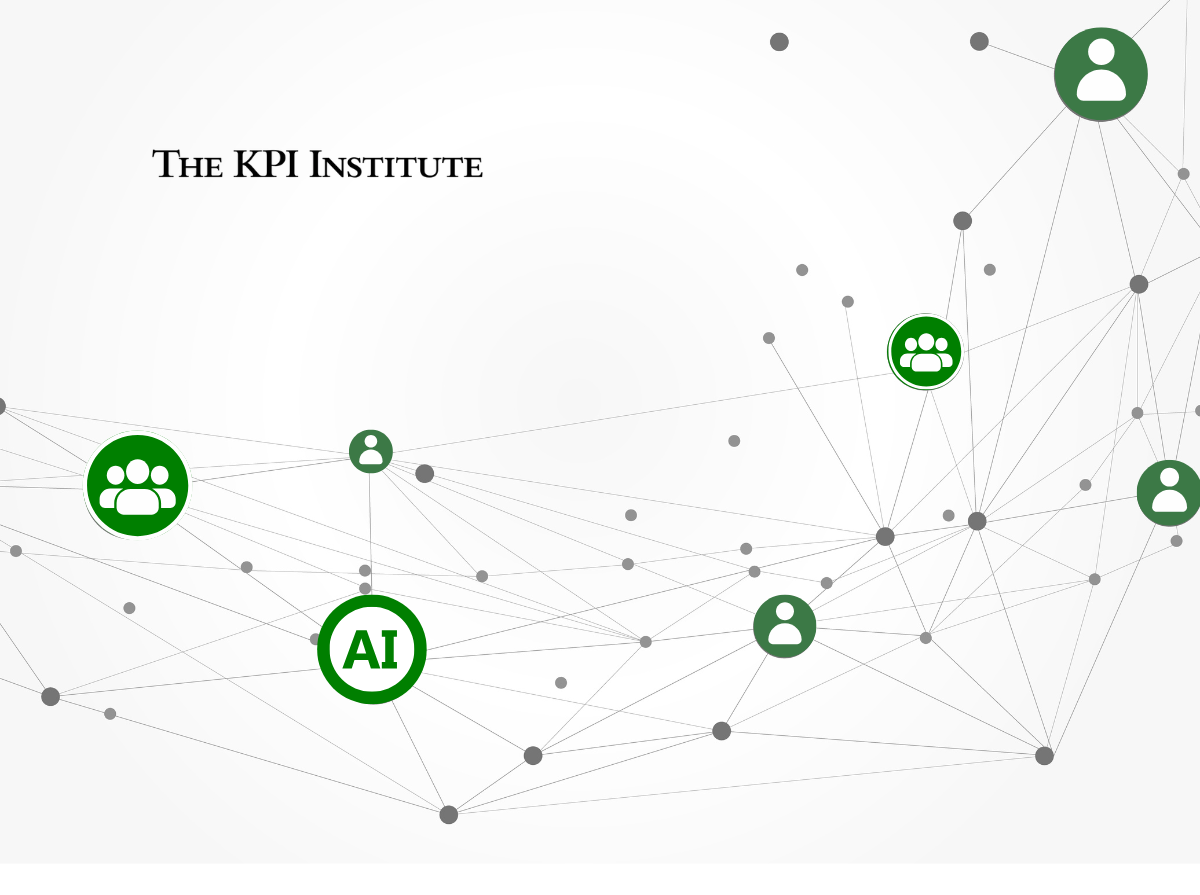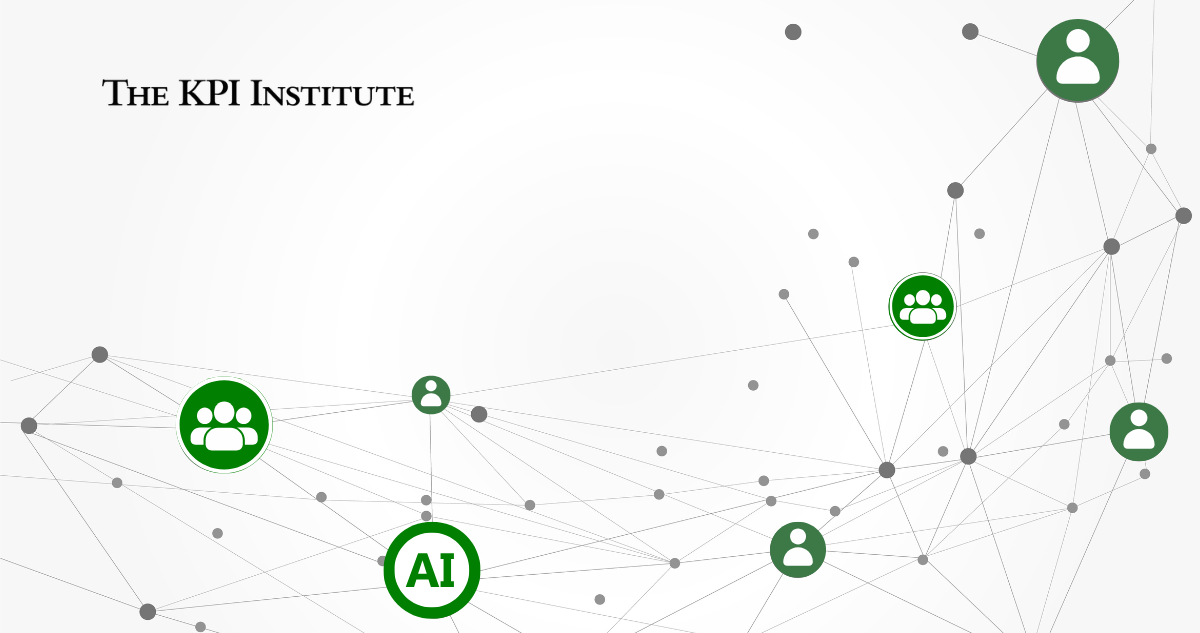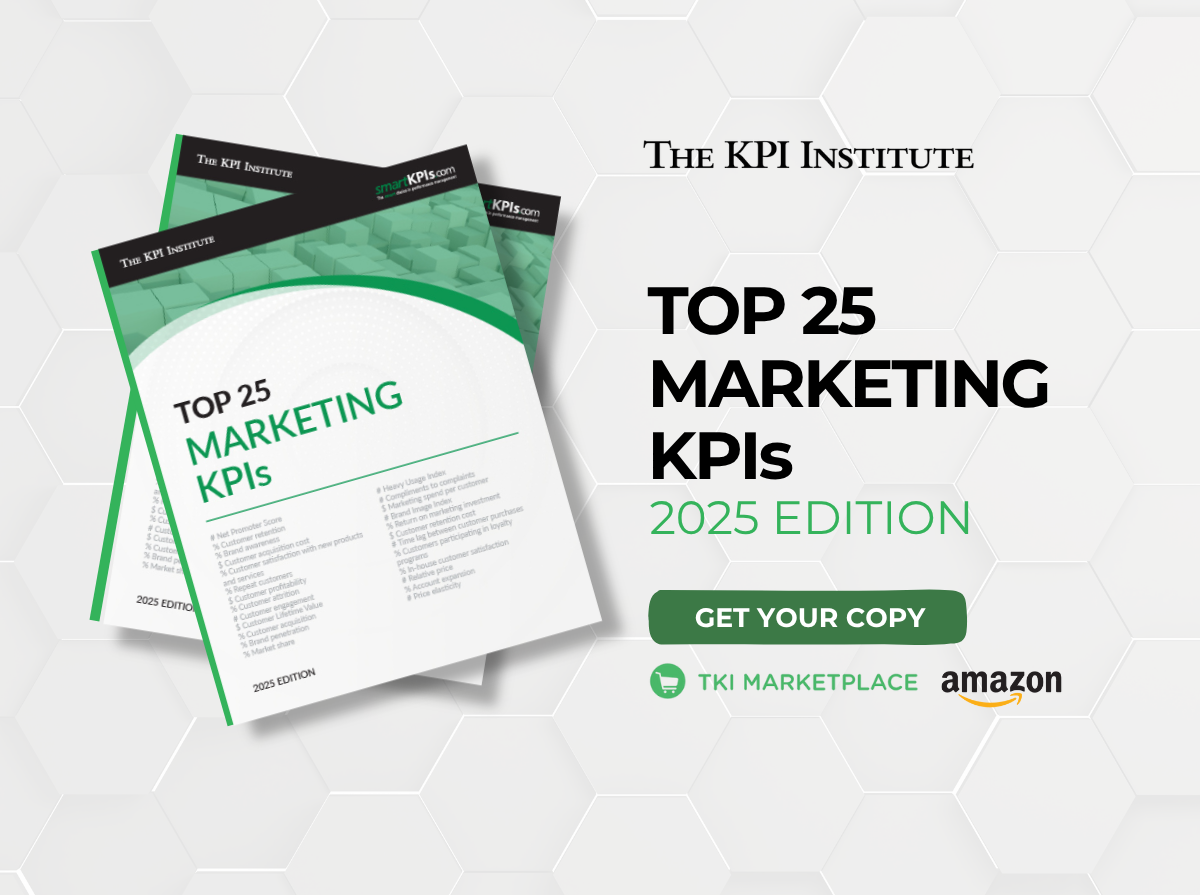
Is your marketing strategy on track? Check the top 25 KPIs for 2025
July 30th, 2025 Posted by Kimberly Tilar KPIs 0 thoughts on “Is your marketing strategy on track? Check the top 25 KPIs for 2025”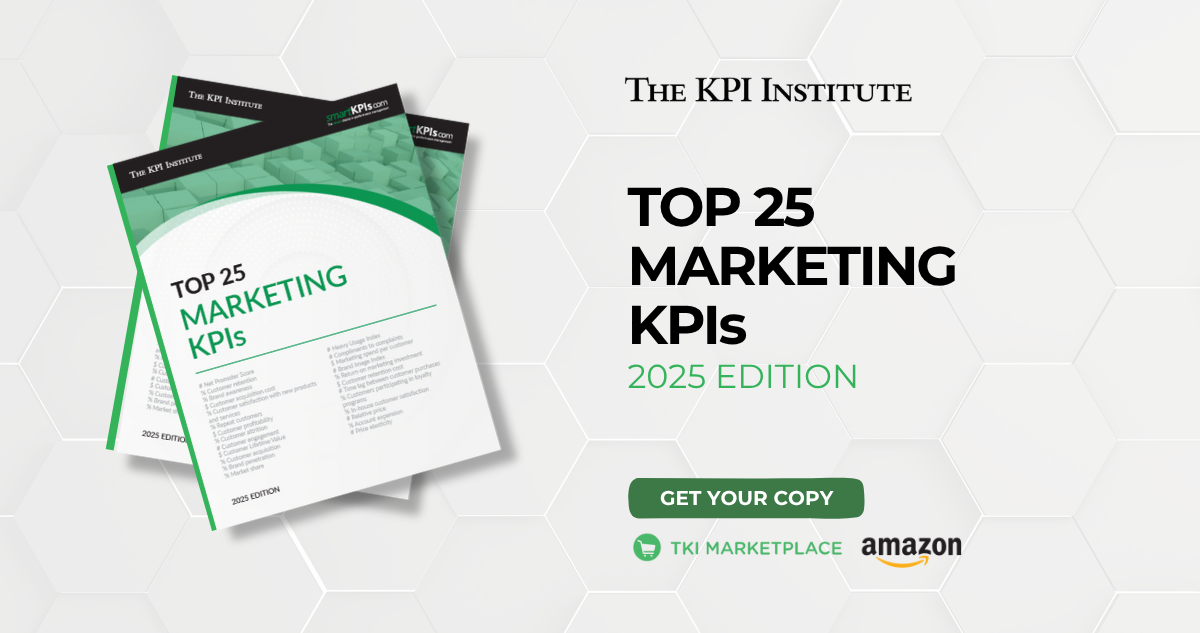
Marketing is no longer solely defined by visibility. It now centers on building authentic relationships and consistently addressing the shifting needs and values of consumers. Organizations nowadays are required to implement strategies that are both evidence-based and adaptable. A well-structured marketing function, when aligned with long-term business objectives, plays a critical role in strengthening trust, enhancing operational effectiveness, and supporting sustainable growth.
To support professionals in measuring marketing performance more effectively, The KPI Institute has released the Top 25 Marketing KPIs – 2025 Edition. This edition highlights the most impactful key performance indicators (KPIs), selected based on real-world usage and relevance across industries. Covering metrics such as customer retention, brand awareness, and customer acquisition cost, the report serves as a reliable resource for organizations aiming to align marketing efforts with performance management best practices.
To provide a glimpse into the report, here are five of the top KPIs included in the 2025 edition:
- # Net Promoter Score – Measures how likely customers are to recommend the company’s products or services to others.
- % Customer retention – Measures the proportion of customers an organization retains over a specific time period.
- % Brand awareness – Measures the level of brand recognition and recall among the target audience.
- $ Customer acquisition cost – Measures the average expense incurred to acquire a new customer.
- % Customer satisfaction with new products and services – Measures the percentage of satisfied customers with new products and services generated through innovation initiatives.
The Top 25 Marketing KPIs – 2025 Edition goes beyond listing metrics. It provides strategic guidance for enhancing performance measurement practices in today’s complex marketing environment. This edition includes in-depth articles that explore the KPI conceptual framework, common challenges in KPI usage, and ten practical tactics for improving implementation.
Additionally, it features enhanced documentation templates with updated formats that emphasize the most critical information for each KPI, making them easier to understand, communicate, and integrate into existing performance systems. All KPIs in this report have been carefully reviewed and updated to reflect the latest business trends, ensuring that the resource remains relevant and actionable for today’s marketing professionals.
To explore the complete list of KPIs and discover how they can support your organization’s strategic and operational objectives, download the Top 25 Marketing KPIs – 2025 Edition from the TKI Marketplace. A printed edition is also available for purchase via Amazon. Secure your copy today and stay ahead in marketing performance management.

